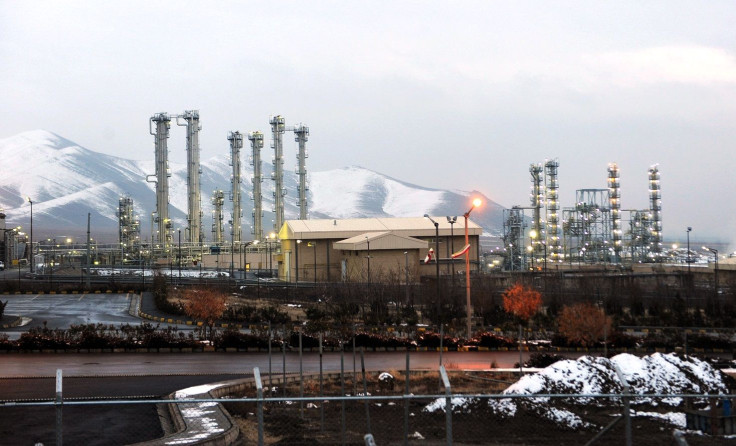World Powers To Help Iran Redesign Reactor As Part Of Nuclear Deal

DUBAI (Reuters) -- Six world powers will help Iran redesign its Arak heavy-water reactor so that it cannot produce weapons-grade plutonium, according to a document released by the state news agency IRNA Saturday.
The document was signed separately Nov. 13, 17 and 18 by the foreign ministers of Iran and the P5+1 (the United States, Britain, France, China and Russia plus Germany) as well as EU foreign policy chief Federica Mogherini. It became effective on the date it was signed by all states.
The fate of the Arak reactor in central Iran was one of the toughest sticking points in the long nuclear negotiations that led to an agreement in July. Removing the core of the heavy-water reactor to produce less plutonium is a crucial step before the relief from sanctions starts.
Iran will act as project manager, according to the document, while China "will participate in the redesign and the construction of the modernized reactor," and the United States "will provide technical support and review of the modernized reactor design." France, the United Kingdom and Germany will participate in design review, and Russia will provide consultative services.
"The primary design of Arak reactor will take one year. Then the [P5+1] working group has three months to approve it," Behrouz Kamalvandi, spokesman for Iran's atomic energy agency, was quoted as saying Saturday by state broadcaster IRIB.
During the process the Arak heavy-water reactor will be reconfigured so it cannot yield fissile plutonium usable in a nuclear bomb.
The Islamic Republic has said that the 40-megawatt heavy-water plant is aimed at producing isotopes for cancer and other medical treatments, and has denied that any of its nuclear activity is geared toward developing weapons.
Iranian Supreme Leader Ayatollah Ali Khamenei ordered last month that the work to redesign the Arak facility will be carried out only once allegations of past military dimensions (PMD) of the country's nuclear program have been settled.
The International Atomic Energy Agency, which finished taking samples from Iran's Parchin military complex in early October, is expected to announce its conclusions on PMD by Dec. 15.
© Copyright Thomson Reuters 2024. All rights reserved.





















